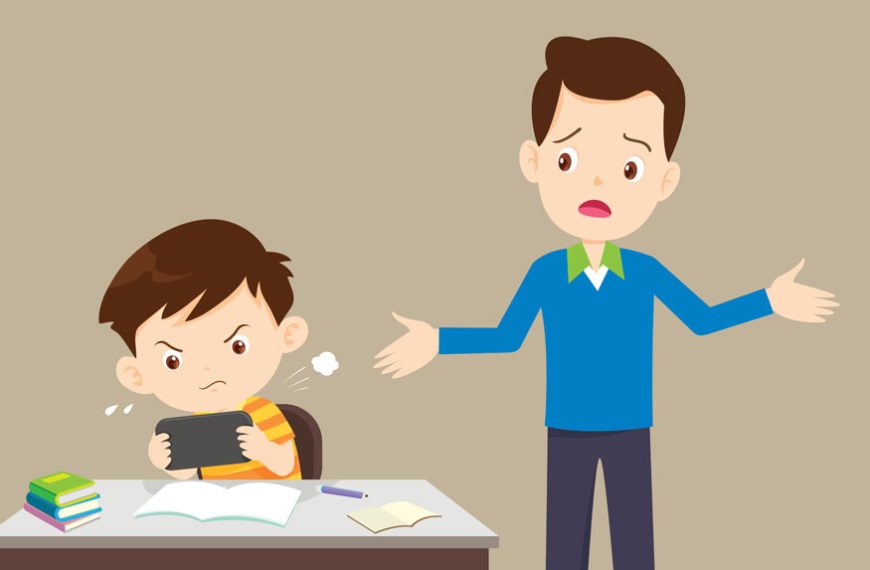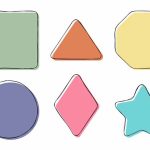Were you a role model for good behavior in your growing years, or were you the kind that found themselves running rounds of the school field whenever you did something wrong?
As parents, we think ‘Punishment’ is a great way to ‘Discipline’ our kids. What’s worse is, people even think they are one and the same thing!
Both Discipline and Punishment have a common goal in the end. That is, to get children to ‘follow the rules.’ While that might be true, both practices are inherently different.
The next time your child ‘pushes your buttons’ with some unwarranted behavior, you might want to stop and think hard about what you’re going to do. Are you going to implement discipline strategies, or would you rather mete out a harsh punishment to them?
Luckily for you, this article will help you make that choice. In it, we will explore Discipline vs Punishment, with a view to understanding what the best way might be to get our children to rectify their errant behavior.
Ready to get started on the path of fine-tuning your child’s behavior? Let’s begin with a look at ‘What is Discipline!
Discipline: Key Points
What is Discipline? In a nutshell, Discipline is a Method by which a child can be trained to follow Rules, with a view to regulating their Behaviour towards Society.
The following are the key features of Discipline:
- Discipline is about showing kids that they always have a ‘Choice’, where it comes to the kind of Behaviour they exhibit.
- It involves getting a child to Learn from their Mistakes.
- The goal is getting kids to ‘refine’ their Behaviour.
- It gets children to hold themselves Responsible, for any kind of Misbehaviour.
Punishment: Key Points
Now that we have seen What is Discipline, answering the question ‘What Is Punishment?’, only becomes natural. In layman terms, Punishment is a kind of ‘penalty’ imposed on children, in the aftermath of their having done something wrong. The following points will help you gain a more succinct understanding of ‘What is Punishment.’
- At its heart, Punishment implies ‘Compliance’ from kids.
- Punishment is ‘Payback Time.’ A way to get children to ‘pay’ for their wrongdoings.
- The goal is ‘fixing’ a child’s behaviour, rather than getting them to improve it.
- Punishment makes the child feel there is something ‘wrong’ with them, and that they need some external ‘intervention’ to put them in their place.
Discipline vs Punishment: Which is better for a child’s Development
It’s far healthier for your kids, if they are subject to being Disciplined by you, rather than Punished. The following are some of the reasons for the same.
Discipline is Proactive
The very goal of Discipline, is bringing about Positive Change in the behaviour of a child. This compared to Punishment, which is nothing short of being Reactive.
It involves Positive Reinforcement
Remember the time you were rewarded for being on your best behaviour? The great thing about Positive Reinforcement is, it focuses on the Incentives that are given to the child when they behave well. Punishment, on the other hand, is only focused on meting out those harsh behavioural consequences.
A Focus on Parent-Child Relationships
Obviously, no parent wishes to make their child their enemy. Sadly, this can happen when you repeatedly Punish your child. When you Discipline them, however, you are not only fostering Positive Relationships with your children, but also taking steps to eliminate any sort of Attention-Seeking Behaviour.
It ensures that Children Feel Good about Themselves
That child who might have been caned by their teacher in school, will undoubtedly be riddled with a feeling of deep ‘shame.’ That’s what the very ethos of Punishment is. Shaming a chid, that is. On the other hand, Discipline ensures that your child might feel ‘guilty’, but nothing more. In the end, after having understood that they were wrong in behaving badly, they will only end up feeling better about themselves.
Discipline vs Punishment: Examples
In the end, the difference between enforcing Discipline and Punishment, only lies in the Behavioural Consequences that you subject your child to.
If you are looking to Discipline your child, those consequences will be ‘natural’, as opposed to being ‘negative’ when you Punish them.
Here are a couple of Discipline vs Punishment examples, that will help you better understand the difference between Discipline and Punishment.
Example 1: Breaking Curfew
Rohan comes home after eight o’clock in the evening, and finds he will not have time to complete his assignment for the day. His mother has two choices.
- Scenario 1: Punishment.
- Scenario 2: Discipline.
Rohan’s mother tells him that he is grounded the entire next day.
Rohan’s mother tells him that as a result of his actions, he will have to miss his favourite TV show that night, so that he can complete his homework.
Example 2: Breaking the rules
Rohan locks his brother, who is only 3 years old, out of the room. As a result, the toddler starts crying, leaving Rohan’s mother to come to the rescue.
- Scenario 1: Punishment.
- Scenario 2: Discipline.
Rohan’s mother takes his phone away from him, telling him he will get it back after two days.
Rohan’s mother explains to him how his younger brother has gone through so much trauma, on account of the said incident. She tells him that he has to make it up to his little brother, by missing his evening plan with his friends and instead, taking Junior to the park!
As you can see from the above examples, in both cases the Situation is the same, but the Consequences, different. Rohan’s mother can handle each situation with a sense of finesse, or a harsh attitude.
The choice is entirely hers, as is yours whenever you are faced with your child misbehaving in some way or the other!
At EuroKids we are all for parents Disciplining their children, instead of Punishing them. We believe that if you’re looking for a long-term solution to changing your child’s behaviour, it is only natural you choose Discipline over Punishment.















